High Expectations for Back to School
As they head back to school, Jewish students are facing increasingly high expectations for academic success in their over-scheduled, electronically pervasive lives.
As they head back to school, Jewish students are facing increasingly high expectations for academic success in their over-scheduled, electronically pervasive lives. Staying ahead of the curve is keeping administrators, teachers and parents on their toes. And they are feeling the pressure more than ever before to ensure students have the social and high-tech tools they need to thrive in a rapidly evolving environment, while encouraging healthy coping habits to counter damaging ones.
Rabbi Ari Leubitz, head of school of the Atlanta Jewish Academy, said the fast pace of society and its cultural norms create undue anxiety in students. Instead of demanding perfection, “the notion that they have to be good at everything,” students could learn more from failure and a chance to “sit in tension.”
“Adults have a hard time building opportunities for grit and tenacity.”
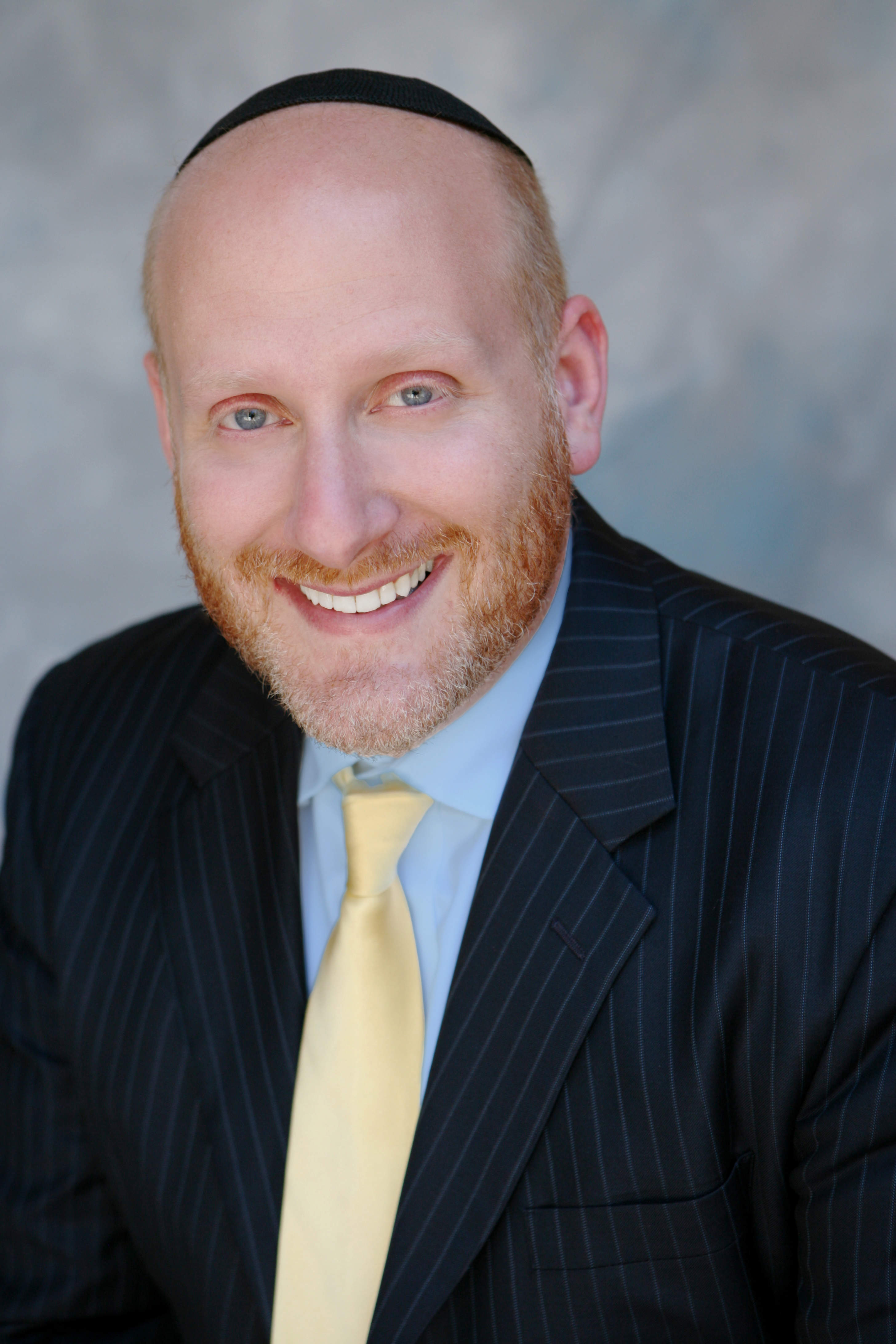
Social interactions also are suffering from students growing up in a culture built primarily around electronic communications. “Children are not getting enough ability to build relationships with each other and adults,” he said.
Meanwhile, teachers are being challenged to prepare students at the earliest levels for a competitive job market.
Consider The Epstein School’s new life skill courses this year. All students, from pre-K to eighth grade, will be learning how to code, develop a website and master basic executive functioning skills, among other classes, according to David Welsher, Epstein’s elementary school principal.
“The amount of information required for students to gain is now significantly more than it was five to 10 years ago,” he said.
Drew Frank, The Davis Academy’s associate head of school, shares similar sentiments.
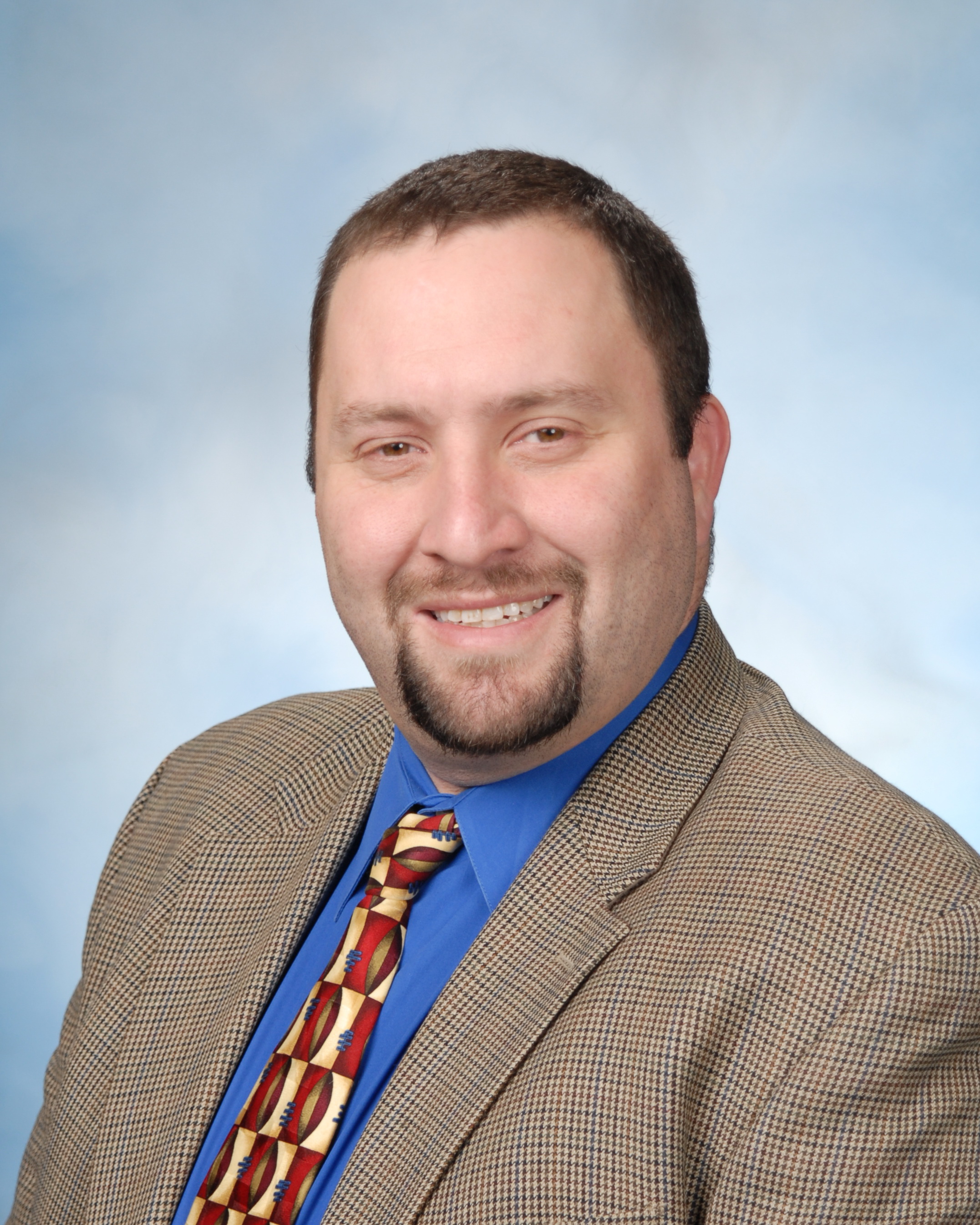
“Perhaps the greatest challenge facing our teachers is the pace of change,” he said. “Societal and workplace norms are evolving at such a rapid pace, and with that, the field of education must also evolve. As educators, we are preparing children for a complex world and frankly, for jobs that don’t yet exist.
“Our teachers are tasked with the responsibility of ensuring that our students are academically prepared and technically skilled in preparation for a changing and unknown future, while at the same time are grounded in timeless Jewish values that will give them the foundation upon which they can make wise choices and contribute meaningfully in making the world a better place,” Frank said.
Rachel Rothstein, incoming dean of social studies at The Weber School, is aware of the pressures.
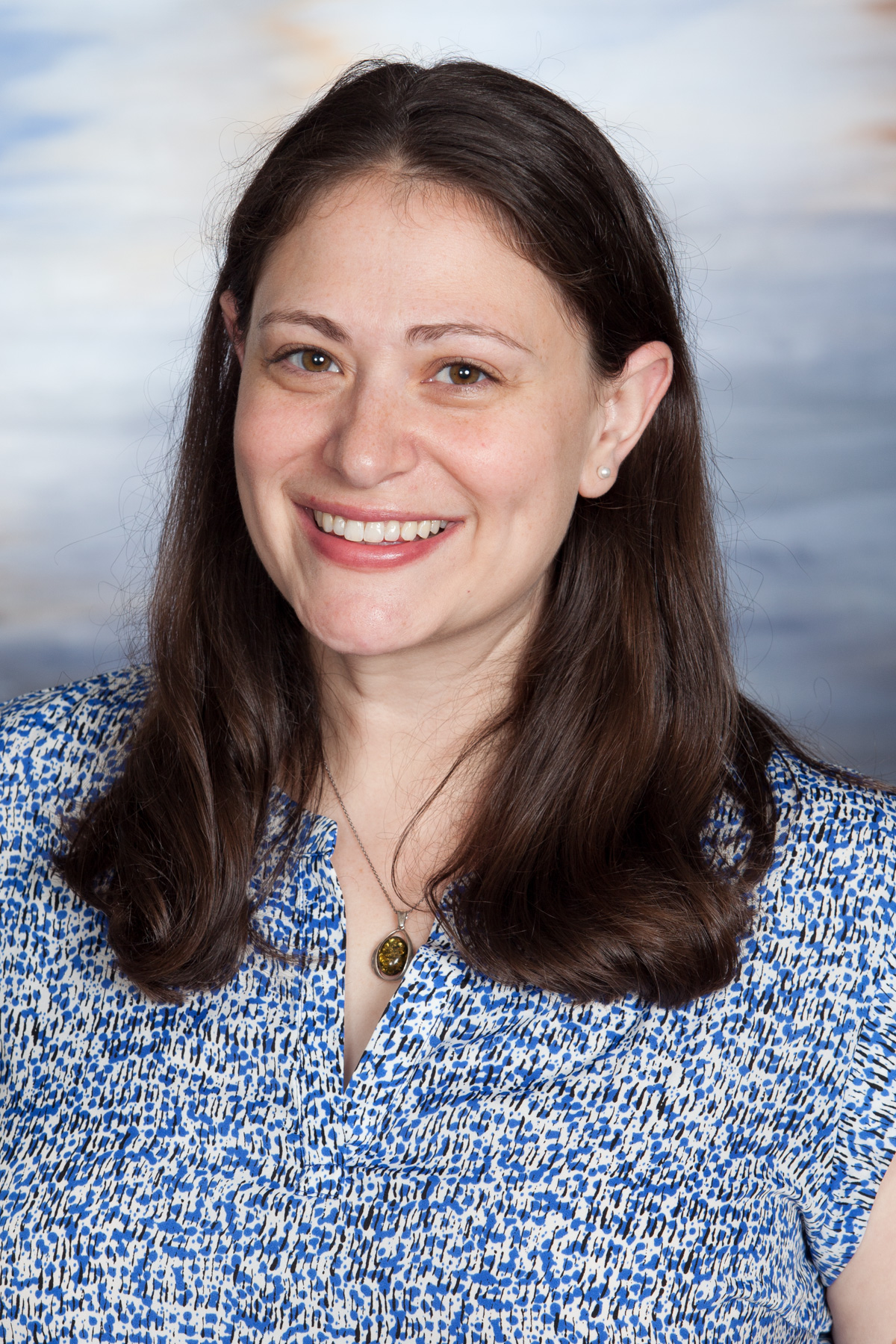
“I mostly teach juniors who are starting the college process at the same time that they’re taking a number of AP and honors courses,” said Rothstein, who teaches modern Jewish history. “Most of my students are taking eight classes plus playing sports and/or participating in any number of extracurricular activities. I try really hard to have realistic expectations for what I want them to do, knowing full well what they’re trying to balance beyond my own classroom. Aside from unit projects, I rarely assign out of class work because I don’t want them to stay up any later than they already are. One of my ongoing challenges is determining what is the right amount of work, since I also want to make sure that I’m doing my part to help prepare them for college and beyond.”
Another struggle for schools and teachers is convincing parents of the value of the “aha moment,” when a child connects with peers or the material being taught, said Epstein’s Welsher. Parents may question the attention placed on Torah, Hebrew and Judaics and other “soft” life skills compared to the basics: reading writing and math, he said. They may also judge one school by another’s test scores – typically high for private day schools – when there’s so much more that is “hard to put into a qualitative study” or mimic on a worksheet, Welsher said.
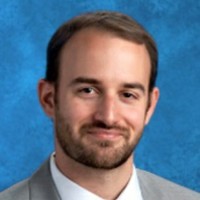
“One of the biggest challenges teachers face is time. Teachers always want to do what is best for their student, their families, colleagues and content,” he said.
“With so many people focused on test scores, it can be a challenge to show value outside of core content. When I was working in a public school, I would frequently have this conversation with art and music teachers, especially when budget cuts were looming,” said Welsher, who is a former public school social studies teacher, coach and middle school principal.
Speaking of public schools, the largest concern for Fulton County is vaping or e-cigarettes, according to Christopher Matthews, Assistant Superintendent of Student Support Services, and Chief Communications Officer Brian Noyes. Vaping is also an issue for the Atlanta Jewish community, as expressed in AJT’s Dec. 14 Back to School issue.
“We remain very concerned about the use of these devices due to the highly addictive nature of nicotine content in these devices and due to manufacturers marketing these products to younger and younger students,” the Fulton administrators said in a statement to the AJT.
“This is a nationwide epidemic and although we have a united front on behalf of our local cities, legislators, school leaders and parents in tackling this challenge, we need additional help in educating our students, parents and communities.”
The school system created an awareness/education campaign, parent and teacher resources, stronger discipline response, addiction resources and interventions and mental health supports.
“We welcome the Jewish community in partnering with us to tackle this challenge by educating our communities about the risk, dangers and addictive nature of vapes/e-cigarettes.”
JumpSpark, the Jewish teen engagement program, is helping to do just that. It has made such issues as vaping a part of its Navigating Parenting workshops, which focus on teen stress, bullying, social media and substance abuse.
“This will give parents a place to gain resources and community to support them as they raise thriving Jewish teens,” said Kelly Cohen, director of JumpSpark.
“In my experience as a youth educator, I’ve seen teens face increasing pressures on their time, health and mental well-being. Although this generation is facing a new set of demands – such as vaping, overscheduling, and unrealistic expectations to succeed – it’s important that we in the Jewish community give them a supportive network to find a healthy balance, manage those expectations, and become a more resilient teen.”
An important factor for the success of youth is parental engagement, according to Cobb County schools. It’s “always a challenge in the wake of our students’ and parents’ already-packed schedules. Because communication and parental engagement are key components to student success, our team of educators make it a priority to provide parents opportunities to partner and work together toward our team’s one goal of student success,” a Cobb district spokesperson said in a statement to the AJT, compiling responses from various school departments.
So what can parents do, in general, to ensure they are helping schools prepare their students to the best of their abilities?
“Whether they serve as volunteers, mentors, Partners in Education or support our students and staff through outside initiatives, community members positively impact the success of students,” the Cobb spokesperson said.
Leubitz said parents should try to work more productively with teachers in a problem-solving manner instead of demanding quick fixes. “We want A-plus human beings who bring light and goodness into the world. We have a much better chance to do that collaboratively and together.”



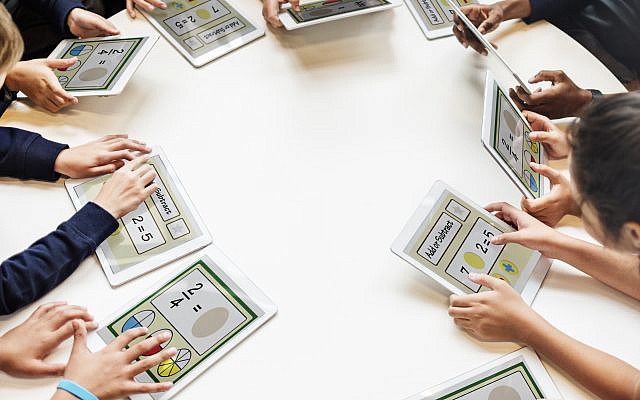
comments